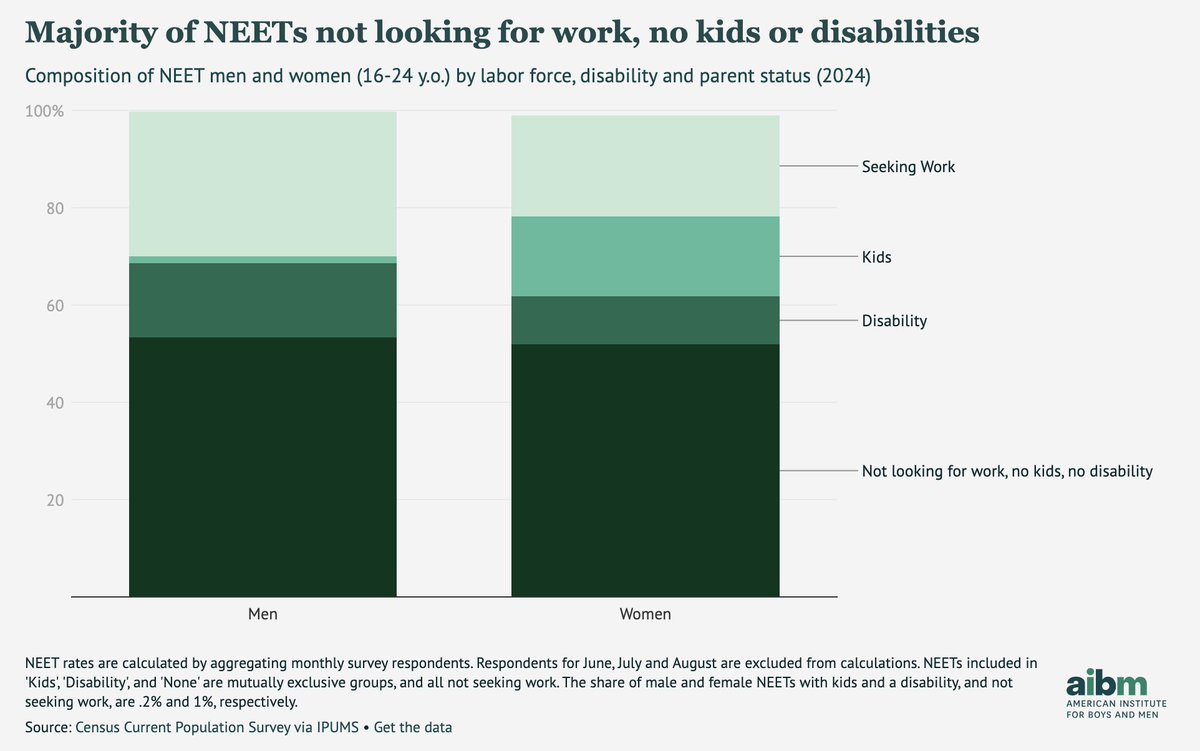Brief thread of excerpts I found interesting from this book: amazon.com/Prohibition-Co…
The religious revival caused a decline in drinking in the first half of the 19th century, many middle class jobs were restricted to those who were dry 

The alcohol issue was heavily linked to immigration, Republican party avoided talking about to avoid ostracizing those voters 

Suspicion of organized German activity during WW1 and its connection to alcohol helped the dry cause 

One source of alcohol was industrial alcohol, but govt mandated toxic chemicals be added to prevent personal consumption. Many tried to remove these chemicals with deadly results 

Prohibition got rid of the raunchy male saloon culture for good and decreased per capital alcohol consumption for a long time: 

While German and Irish immigration caused an increase in drinking in the 19th century, non European immigration likely caused a decrease in culture of alcohol consumption in the late 20th century and 21st century 

This paper argues that prohibition was somewhat successful in reducing negative consequences of alcohol: ncbi.nlm.nih.gov/pmc/articles/P…


Seems like the idea that "we tried prohibition and it failed" that libertarians always repeat today lacks the full context
• • •
Missing some Tweet in this thread? You can try to
force a refresh































